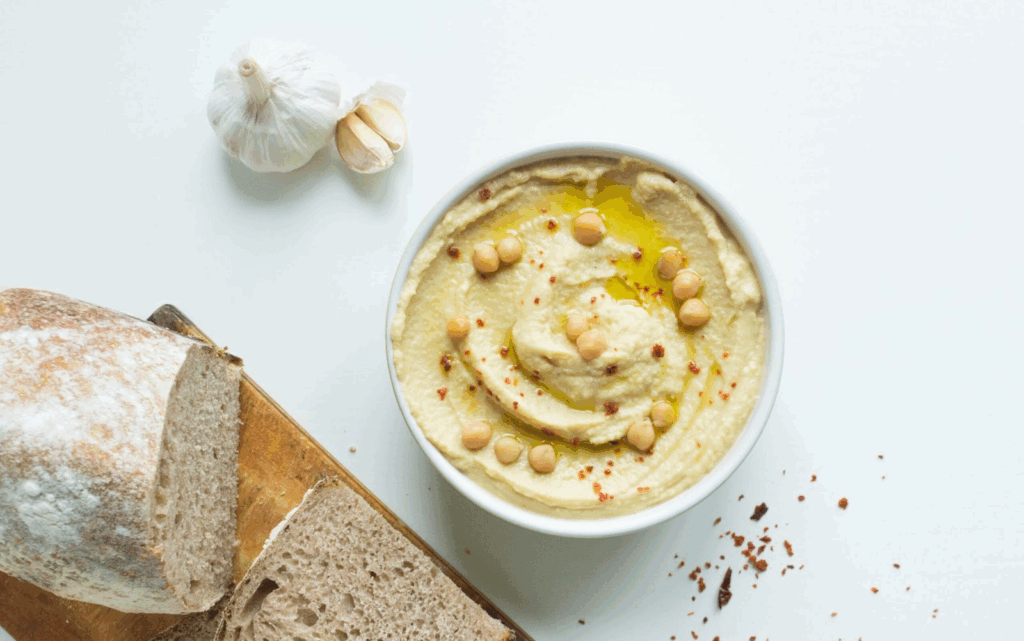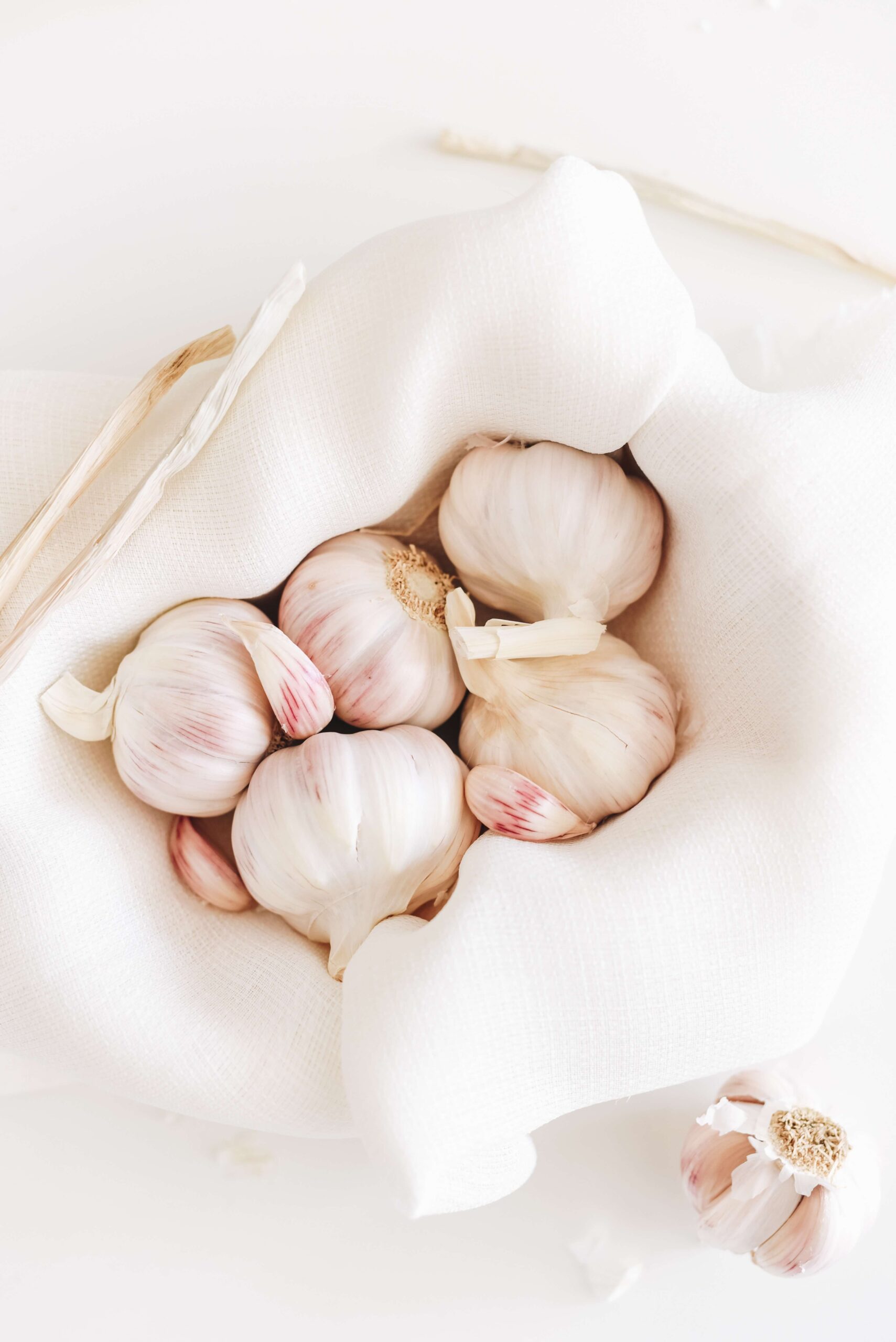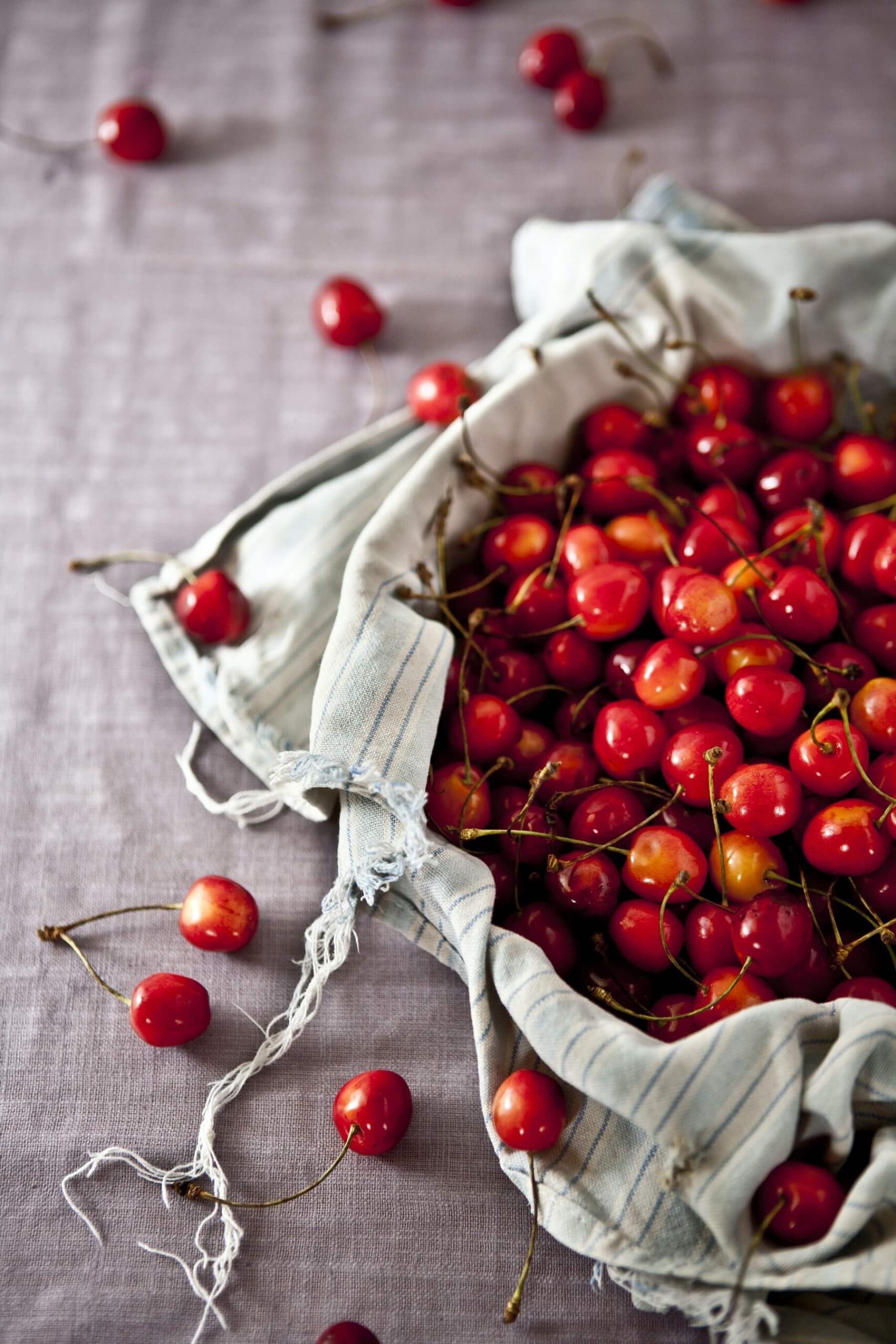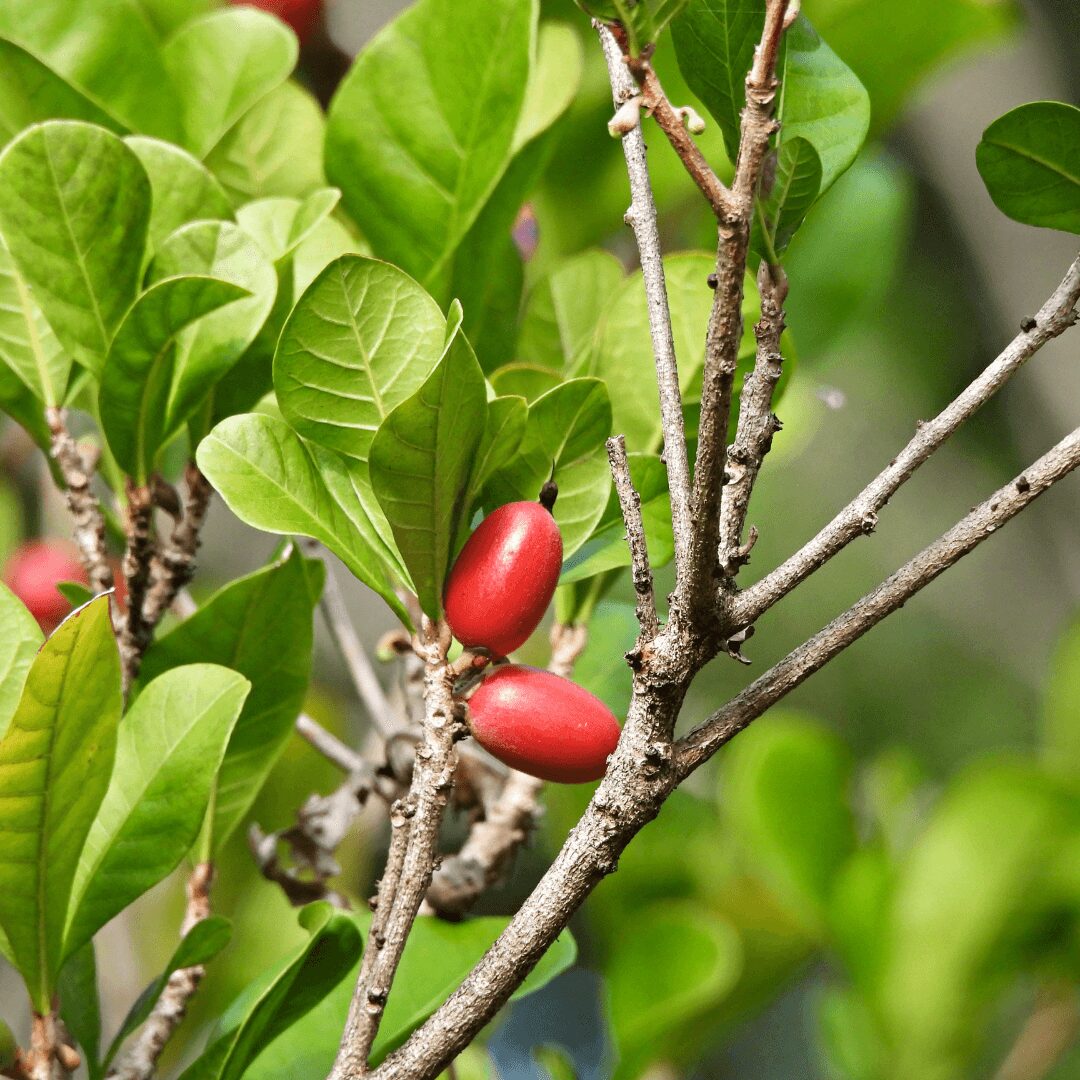If you’re the type who treats garlic measurements in recipes as gentle suggestions and ends up tripling the amount, this article is for you. Garlic has been studied extensively for its potential role in reducing certain cancer risks.
Now, if you’ve been following me for any amount of time, you know I don’t promote superfoods or the idea that one single ingredient will cure or prevent cancer. That’s not how our bodies work.
However, I do recognize that many foods contain powerful compounds that support our health when eaten as part of a balanced diet. Instead of fixating on what to remove from your plate, let’s focus on what we can add to make our meals more nourishing and protective.
That’s the approach that actually works for long-term health.
Get Your Free Clean Scan Plan!
Tired of conflicting advice about what you can and can’t eat? My Clean Scan Plan has helped thousands navigate their cancer journey with confidence and clarity. No fear, no confusion, just practical guidance you can add into your life to reduce cancer risk and recurrence, starting right away!
What Laboratory Studies Show About Garlic and Cancer?
As your cancer dietitian, I want to be clear about what the research actually shows. Laboratory studies use cancer cells in petri dishes or animal models.
These studies show promising results, but they don’t automatically translate to what happens in your body when you eat garlic. That’s an important distinction many people miss.
Cell Studies Reveal Promising Mechanisms
In cell and animal studies, garlic compounds demonstrate several anti-cancer effects:
- Turn on tumor suppressor genes that help prevent cancer development
- Prevent enzymes from activating cancer-causing materials in the body
- Activate enzymes that destroy carcinogens before they cause damage
- Help repair damaged DNA that could otherwise become cancerous
- Slow the growth of cancerous cells through multiple pathways
- Trigger apoptosis, which is the self-destruction mechanism for damaged cells
- Limit angiogenesis, cancer’s ability to develop new blood vessels
One of my clients told me she felt relieved learning about these mechanisms. She said, “I finally understand why you keep encouraging me to add garlic to my meals. It’s not magic, it’s science working on multiple levels.” That’s exactly right.
If you’re ready for expert, personalized support, apply here for: VIP 1:1 Cancer nutrition & Lifestyle Coaching with me today so you don’t have to waste time and second guessing everything.
Human Studies: The Real Story About Garlic and Cancer Risk
Here’s where it gets interesting and a bit complicated. As your oncology dietitian, I’m going to give you the straight truth about what human research shows because you deserve facts, not false hope.
Colorectal Cancer Research (Strongest Evidence)
Early case-control studies suggested that people who ate more garlic had lower rates of colorectal cancer. The American Institute for Cancer Research initially reported that frequent garlic consumption was associated with approximately 30% lower risk of colorectal cancer based on these studies.
However, newer and higher-quality prospective cohort studies tell a different story. These studies followed people for 6 to over 20 years and found no significant association between garlic consumption and reduced colorectal cancer risk.
Whether people ate garlic more than once daily or more than once weekly, the protective effect disappeared in these better-designed studies.
What changed? The study design. Case-control studies rely on people remembering what they ate years ago, which isn’t very reliable. Prospective studies track eating habits forward in time, making them more accurate.
Gastric Cancer Studies
The evidence for gastric (stomach) cancer shows more promise. A remarkable 22-year follow-up study found that garlic supplementation was associated with reduced gastric cancer mortality, though not necessarily reduced incidence. This means garlic may help people survive gastric cancer better, even if it doesn’t prevent it entirely.
Another large study involving over 3,000 participants found that combining garlic supplementation with abstaining from alcohol showed even stronger protective effects against gastric cancer over time. The researchers also discovered that garlic may work by reducing Helicobacter pylori bacteria levels, which are linked to stomach ulcers and gastric cancer.
Take Control of Your Health Journey
The Clean Scan Plan has empowered thousands on their cancer journey, providing confidence and clarity. My 5 pillar approach is inside this free guide which offers practical, immediate guidance, replacing fear and confusion on how to eat after cancer.
Does Garlic Actually Prevent Cancer? My Take as Your Cancer Dietitian
Here’s what I tell my clients in my 1:1 VIP Cancer Nutrition Coaching Program when they ask about garlic and cancer: the laboratory science is fascinating, but the human evidence is inconsistent. This doesn’t mean garlic is useless. It means we need realistic expectations.
Understanding the Mixed Evidence
Several factors explain why studies show different results. The type of garlic matters (raw, cooked, aged extract, supplements), the amount consumed varies widely between studies, and how well our bodies absorb garlic’s active compounds remains unclear.
Additionally, garlic is rarely eaten alone. People who eat more garlic often eat more vegetables overall, making it hard to isolate garlic’s specific effects.
In my programs, I show survivors how foods like garlic fit into an overall cancer prevention lifestyle without creating unrealistic expectations or fear around “getting it perfect.” Contact me HERE to check out which program is the best fit for you to reach your cancer nutrition goals!
What This Means for Cancer Survivors?
As your cancer dietitian, I encourage adding garlic to your diet for its potential benefits and delicious flavor, not as a magic bullet.
One client recently shared, “You helped me stop obsessing over whether my garlic intake was ‘enough’ to prevent recurrence. Now I just enjoy it in my cooking and feel good about it.” That’s exactly the relationship with food I want for you.
If you’re interested in learning more about building a comprehensive cancer prevention lifestyle, check out my guide on 5 Habits to Reduce Cancer Risk.
Garlic Supplements vs. Food Sources
Multiple studies show that garlic supplements don’t provide the same benefits as whole garlic in food. You need to focus on food first before you start any supplements.
One randomized study found that approximately 1.5 teaspoons of fresh, crushed garlic activated genes related to immune function and abnormal cell destruction. The whole food appears more effective than isolated supplements.
How to Prepare Garlic to Maximize Benefits?
Here’s a practical tip that actually makes a difference: how you prepare garlic affects its bioactive compound formation.
The 10-Minute Rule
After chopping or crushing fresh garlic, let it sit for about 10 minutes before adding it to heat. This waiting period allows enzymes to produce allicin and other beneficial compounds.
If you add garlic directly to a hot pan, you destroy some of these enzymes before they can work their magic.
Raw vs. Cooked Garlic
Both raw and cooked garlic offer benefits, though cooking reduces some bioactive compounds. Raw garlic provides the highest levels of allicin, but it’s also more likely to cause digestive upset. Lightly cooking garlic after the 10-minute rest period offers a good balance.
Black Garlic Benefits
Black garlic is fermented garlic that has gained attention for its unique properties. Research from 2024 shows that black garlic contains higher levels of certain antioxidants and may offer anti-inflammatory benefits beyond regular garlic. It has a milder, sweeter flavor that some people prefer.
Grilled Zucchini & Chickpea Pasta Salad
Do you want anti-cancer lighter meals – that still pack in nutrition!?. This recipe incorporates garlic in a delicious way that works perfectly for meal prep. You can enjoy it at room temperature, making it ideal for picnics or quick weeknight dinners.
Ingredients
- 4 oz chickpea pasta (dry)
- ⅓ cup frozen peas
- 1 zucchini (chopped)
- ¼ cup red onion (sliced)
- 2 tsp Extra Virgin Olive Oil (divided)
- ½ lemon (juiced)
- 2 garlic cloves (minced)
- Sea salt and black pepper (to taste)
- 2 tbsp fresh dill (chopped)
Directions
- Cook the chickpea pasta according to package instructions. During the final five minutes of cooking, add the frozen peas to the pot. Drain everything and set aside.
- Meanwhile, preheat your grill to medium heat. Toss the zucchini and onion with half the olive oil. Add to a grill basket and grill until the vegetables are slightly charred, about five to seven minutes.
- Mix the lemon juice, minced garlic, sea salt, pepper, and remaining oil. Toss this mixture together with the pasta, peas, and grilled vegetables. Garnish with fresh dill and enjoy!

The Bottom Line: Should You Eat Garlic for Cancer Prevention?
As your cancer dietitian, here’s my honest recommendation: eat garlic because you enjoy it and because it’s part of a plant-rich, varied diet. Not because you’re terrified of recurrence or believe it’s a cancer cure.
The research shows promise in laboratories, mixed results in human studies, and no harm from including garlic as part of your regular diet.
The strongest evidence suggests garlic may offer some protection against gastric cancer, while the colorectal cancer evidence is weaker than once thought.
What matters most is your overall eating pattern. No single food prevents or causes cancer. Focus on filling two-thirds of your plate with plant foods, including garlic when it fits, and creating a sustainable lifestyle you can maintain for years.
In my coaching programs, we don’t chase superfoods or create rigid rules around specific ingredients. Instead, we build confidence around food choices so you can live without fear while supporting your health. That’s the approach that actually works long-term.
If you’re looking for a comprehensive approach to cancer prevention eating, explore my article on 8 Ways to Reduce Cancer Risk for evidence-based strategies that go beyond single foods.
Remember, you don’t need to eat garlic at every meal or stress about getting the “perfect” amount. Just add it when it tastes good, prepare it with the 10-minute rest when possible, and enjoy the flavor it brings to your meals. That’s simple, sustainable, and backed by science.
Ready to Feel More Confident About Your Scans?
Join thousands who’ve transformed who’ve broken the fear loop and rebuilt confidence in how they eat. You deserve to feel empowered about your health, not anxious after cancer.
Yes! Send Me the Free Clean Scan Plan
References
- https://www.mdpi.com/1422-0067/25/3/1801
- https://pmc.ncbi.nlm.nih.gov/articles/PMC4366009/
- https://www.aicr.org/cancer-prevention/food-facts/garlic/
- https://pmc.ncbi.nlm.nih.gov/articles/PMC10067574/
- https://www.spandidos-publications.com/10.3892/ol.2022.13245
- https://www.aicr.org/news/4-reasons-eating-garlic-is-good-for-cancer-prevention/
- Garlic. Memorial Sloan Kettering Cancer Center (2022)





